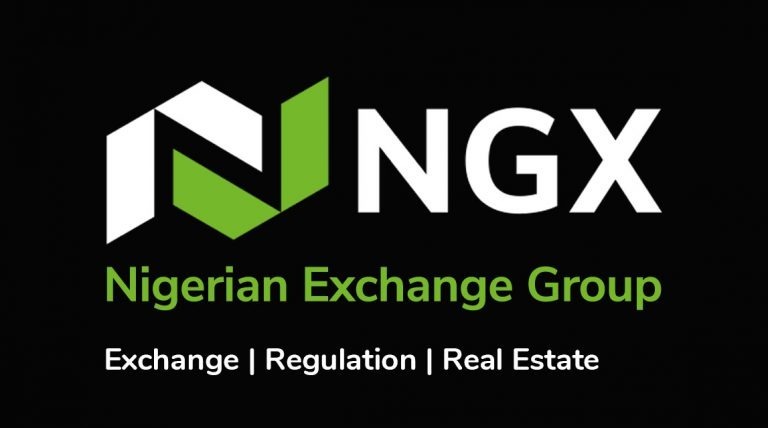Specifically, the Nigerian Exchange Ltd. (NGX) market capitalisation fell by N345 billion or 0.52 per cent to N66.942 trillion from N67.287 trillion recorded on Monday.
Also, the All-Share Index dropped by 0.52 per cent or 550.88 points to close at 106,904.25 against 107,455.13 posted the previous day.
Market breadth closed negative with 44 losers and 17 gainers.
On the losers’ chart, Dangote Sugar, Deap Capital Management & Trust, Eterna, Guinea Insurance and Transnational Corporation lost by 10 per cent each to close at N36.00, 90k, N37.80, 63k and N51.30 per share, respectively.
Meanwhile, on the gainers’ chart, Union Homes Real Estate Inv. increased by 9.94 per cent to close at N48.65, followed by NEM Insurance which gained by 8.78 per cent to close at N14.25 per share.
Ikeja Hotel soared by 8.72 per cent to close at N11.85 per share, while Consolidated Hallmark Holdings gained by 6.76 per cent to close at N3.95 per share.
Also, Livestock Feeds increased by 4.53 per cent to close at N7.85 per share.
A total of 395.47 million shares worth N8.76 billion were exchanged across 13,967 transactions compared to 308 million shares worth N7.231 billion exchanged across 15,474 transactions earlier recorded.
Transactions in the shares of United Capital topped the activity chart with 40.526 million shared valued N732 million.
Ellah Lakes followed with 26.16 million shares worth N78.92 million while Zenith Bank traded 25.65 million shares valued at N1.23 billion.
Universal Insurance sold 22 million shares valued at N13.85 million, while Access Corporation transacted 18.18 million shares worth N448.33 million. (NAN)









